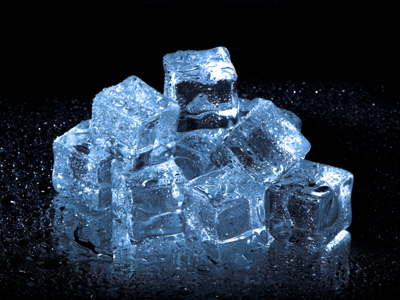
Solids, Liquids and Gases 1
This Science quiz is called 'Solids, Liquids and Gases 1' and it has been written by teachers to help you if you are studying the subject at middle school. Playing educational quizzes is a fabulous way to learn if you are in the 6th, 7th or 8th grade - aged 11 to 14.
It costs only $12.50 per month to play this quiz and over 3,500 others that help you with your school work. You can subscribe on the page at Join Us
Everything is made up of matter. Matter can be in these different states: solid, liquid or gas. If you look around, you can see all sorts of objects. These are solids. Ice is solid water. You might have a drink - hopefully not near your computer! Drinks are liquids. Air is the invisible matter surrounding you. Air is a mixture of gasses - oxygen and carbon dioxide for example. Steam, or water vapor, is water in the form of a gas.
Ready for more?
not all...
quizzers. Try to win a coveted spot on our Hall of Fame Page.







